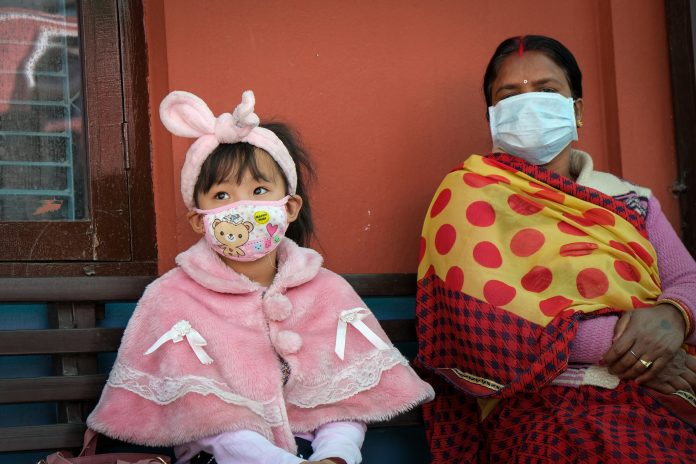The World Health Organisation (WHO) has given emergency approval to the Sinovac COVID-19 vaccine – because there is ongoing “access inequity” for countries in the Global South
The Sinovac vaccine, created by a Chinese biopharmaceutical company, was recently found by the Brazilian Government to be 50.4% effective.
Indonesian authorities approved the use of Sinovac on 11 January, 3 days before Brazilian clinical trial results came out. At that point in 2021, it was believed that the Sinovac COVID vaccine was performing at 78% effectiveness.
Why did the WHO approve a vaccine at 50%?
The WHO has now given Emergency Use Listing (EUL) to Pfizer, Astrazeneca-SK Bio, Serum Institute of India, Astra Zeneca EU, Janssen, Moderna and Sinopharm.
This means that all these vaccines can now be donated to COVAX, the vaccine supply that is attempting to act as a global charity for countries which currently lack access to any COVID vaccines. However, the programme is failing to keep up with global demand. Currently, 78 million vaccines have been distributed via the programme – but some countries are legally banned from manufacturing their own. This has created room and time for new, dangerous variants to form.
On May 10, we reported that Nepal was facing a 1200% increase in COVID cases. The border with India and lack of vaccination means that there is now a high chance that the Delta variant will mutate again, after devastating Nepalese communities.
The intellectual property law preventing vaccine access remains intact, although the US is now in favour of a temporary waiver.
Due to this increasing urgency, the WHO are approving as many viable vaccines for their COVAX list as possible.
Can the vaccine still work at 50.4%?
According to a study published in The Lancet in August, 2020, a “50% efficacy” could lessen the spread of COVID-19, and might trigger herd immunity: “Although efficacy far greater than 50% would be better, efficacy of about 50% would represent substantial progress.”
Essentially, access to the Sinovac COVID-19 vaccine would be significantly beneficial for a population with no access to vaccination. The use of Sinovac could prevent a substantial amount of deaths and hospitalisations in an at-risk country like Nepal – which needs intervention in any shape or form available.
“The world desperately needs multiple COVID-19 vaccines to address the huge access inequity across the globe,” said Dr Mariângela Simão, WHO Assistant-Director General for Access to Health Products.
“We urge manufacturers to participate in the COVAX Facility, share their knowhow and data and contribute to bringing the pandemic under control.”











